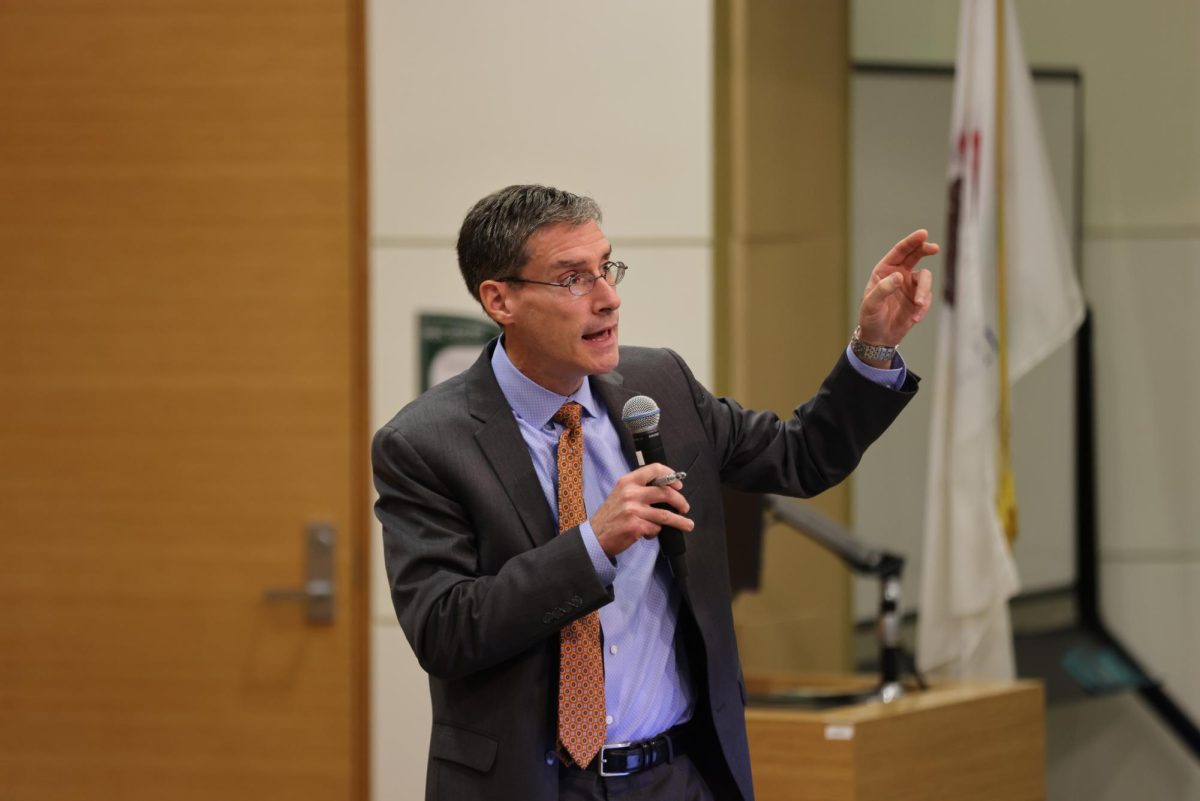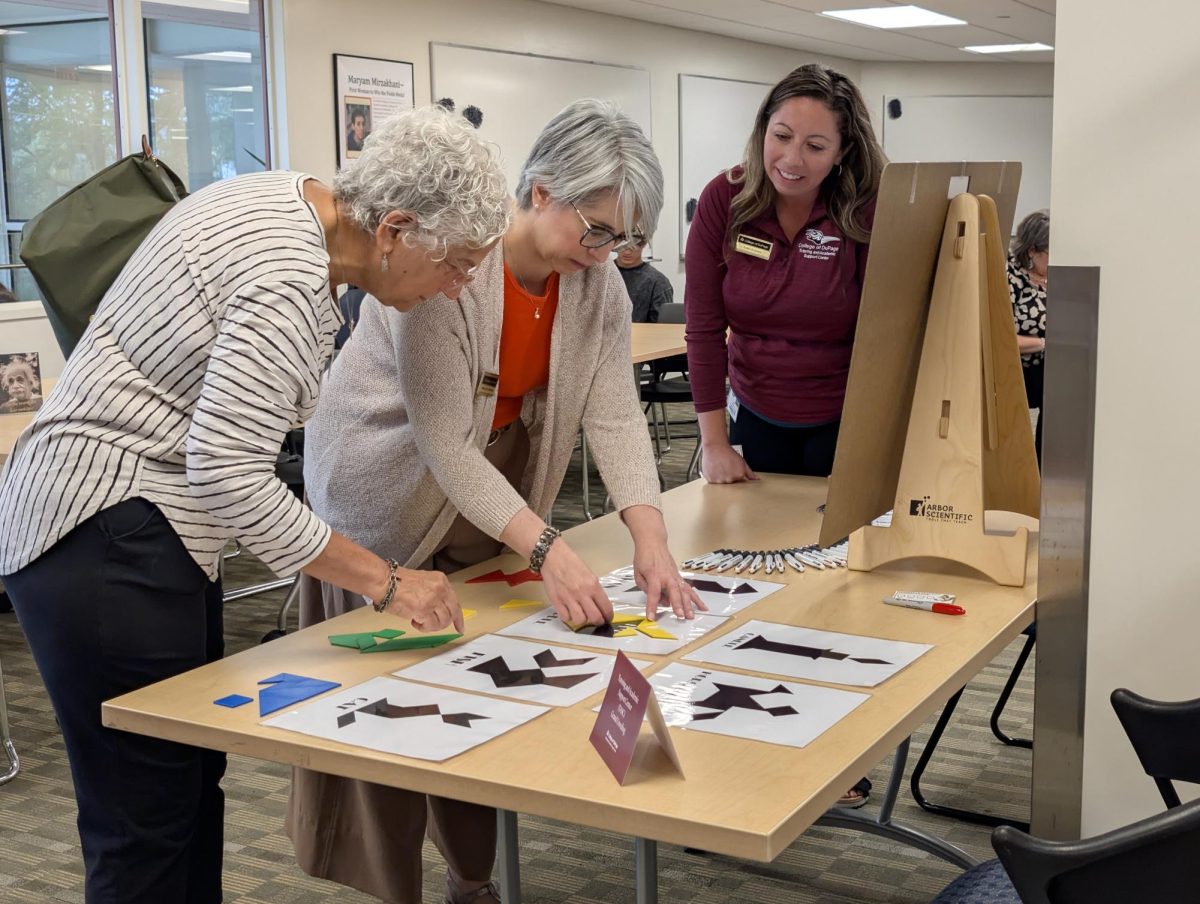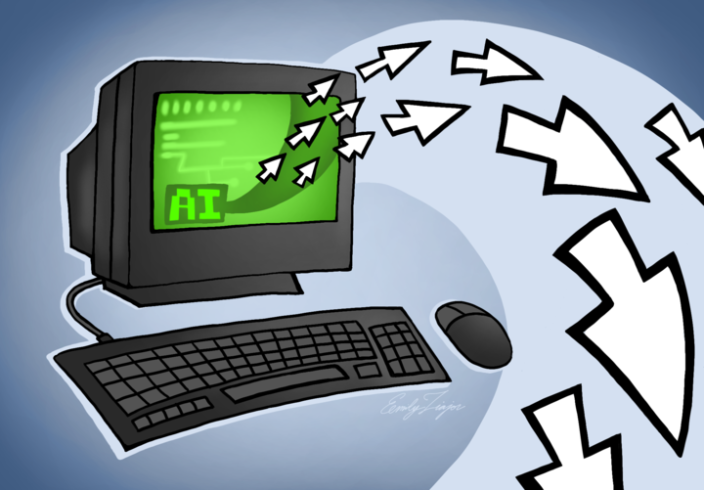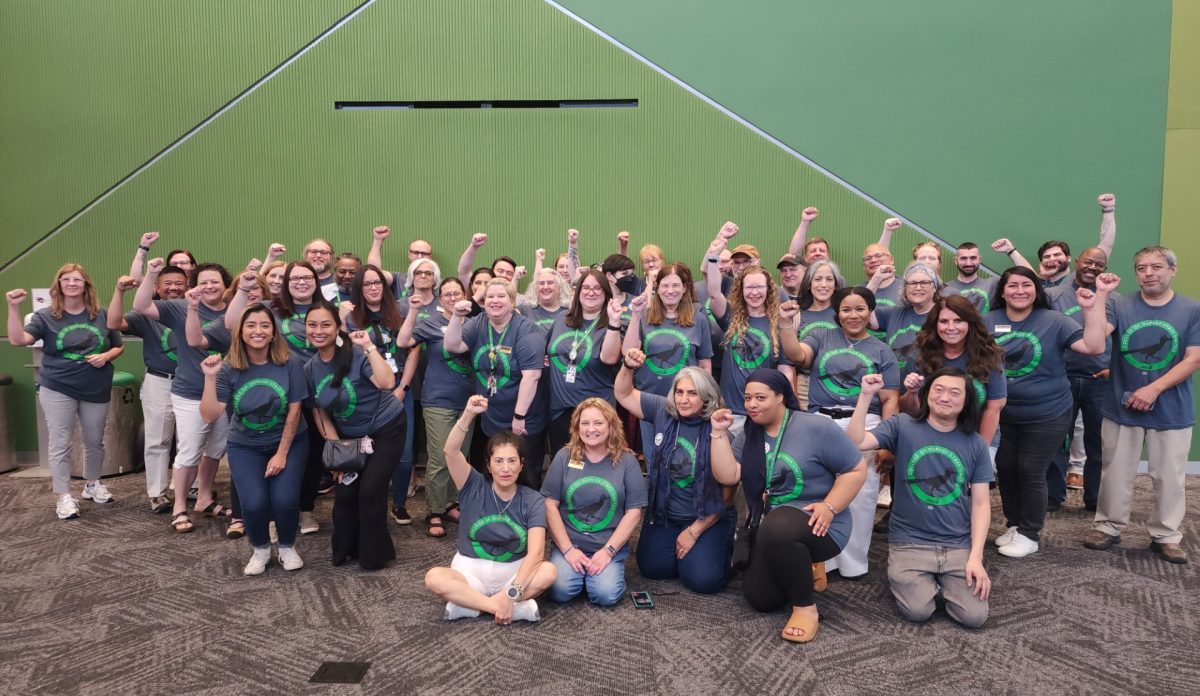In a time when debates over gun laws, abortion rights and free speech on campuses dominate headlines, many people are left asking: what does “We the People” really mean? On Sept. 17, workshops, discussions and other hands-on activities were hosted for College of DuPage (COD) students and community members to test their knowledge of the U.S. government and consider how the 238-year-old U.S. Constitution still shapes daily life.
Constitution Day, hosted annually by colleges and universities across the nation, commemorates the formation and signing of the U.S. Constitution on Sept. 17, 1787. Typically, the celebration highlights a specific article or clause from the papers, but this year called for a broader focus, faculty chair of COD’s Legal Studies program Annie Knight said.
“In today’s world, we’re seeing the separation of powers tested in ways we’ve never seen before,” Knight said. “We wanted to center this year’s events on that fundamental feature of the Constitution and provide more insight into what checks and balances really mean.”
University of Illinois-Chicago (UIC) constitutional law professor Steven D. Schwinn delivered the keynote address and led participants through the roles and limits of the legislative, executive and judicial branches through a group discussion. His work focuses on the intersection between the separation of powers and fundamental rights.
First-year paralegal certificate student and Paralegal Club media officer Nora Schouten said Schwinn provided an engaging lecture, clarifying that the speaker presented the dense federal legalese into something more digestible. Schouten said she decided to attend Schwinn’s talk after participating in the Paralegal Club’s weekly legal discussions.
“Because [the conversation] was not presented from a direct conservative or liberal viewpoint, engaging with the concepts was not as simple as agreeing or disagreeing,” she said. “He challenged us to ask ‘What does this mean?’ and make up our own minds.”
Various tables set up throughout the event in SSG Miller Homeland Security Education Center (HEC) room 1022 allowed students to interact with various clubs and civic engagement groups on campus and throughout the community, she said. Attendees could visit stations hosted by the Paralegal Club, COD Votes, the Civic Leaders Program and the League of Women Voters. Each station offered visitors a chance to pick up materials, ask questions and learn how to get more involved.
“Because I attended [Constitution Day], I was able to apply for more opportunities to become more civically engaged on campus and off,” Schouten said. “This will help engage more citizens in the democratic process through elections, as well as educate myself further.”
In a time when national politics can feel polarized and distant, Knight said events like Constitution Day give students a way to cut through the noise and take an active role in civic life.
“I would love for students to feel empowered right now, but I think that there are several steps before empowerment that need to take place.” she said. “A foundational understanding of our government is essential in order to build that empowerment.”
That understanding, Knight said, connects directly to the responsibility citizens share in upholding our democracy.
“Famously, Benjamin Franklin was asked what kind of government the delegates had created,” Knight said. “He replied, ‘A republic, if you can keep it.’ And that’s a challenge that we all must step up to.”
To learn more about COD’s Constitution Day celebrations or legal studies opportunities, contact Knight at [email protected].










John Modschiedler • Sep 25, 2025 at 1:12 pm
While I taught philosophy, ethics, & religious studies at COD, I always told my students that, in a sense, Constitution Day, which most folks don’t know about, is far more important than the 4th of July, which everybody knows about. Why? Lots of countries declare independence; the question is, what kind of country will it be? Ah, yes, that’s what our Constitution does for us. The famous quote is “A Republic—if you can keep it,” attributed to Benjamin Franklin in 1787, after the Constitutional Convention.